Centiloquium
Ptolomaeus Claudius (pseudo)
http://catalogue.bnf.fr/ark:/12148/cb133208628/PUBLIC
prose
Manuels techniques
1136-1138
0+
- Claudii Ptolemaei Opera quae exstant omnia. Pseudo-Ptolemaei Fructus sive Centiloquium, vol. III. 2 : De iudicandi facultate et animi principatu, ed. Fr. Lammert ; ed. Æ. Boer, Lipsiae : Teubner, 1961.
- Richard Lemay, "Origin and Success of the Kitab Thamara of Abu Jafar ibn Yusuf ibn Ibrahim: From the Tenth to the Seventeenth Century in the World of Islam and the Latin West", dans Proceedings of the First International Symposium for the History of Arabic Science, April 5–12, 1976, Aleppo: Aleppo University, 1978, vol. 2, p. 91–107.
- Recueil d'aphorismes sur l'astrologie. L’œuvre est probablement traduit par Jean de Séville.
- Forme ? texte en prose mais accompagné par des diagrammes et des tableaux ?
- Date ?
- Qui est l'auteur de la version latine : Johannes Hispalensis (1136) ou Plato Tiburtinus (1138) ?
Institut de recherche et d'histoire des textes (IRHT-CNRS), "Notice de Centiloquium, Ptolomaeus Claudius (pseudo), dans Pascale Bourgain, Dominique Stutzmann, FAMA : Œuvres latines médiévales à succès, 2016 (permalink : https://fama.irht.cnrs.fr/oeuvre/271045). Consultation du 15/04/2025.



